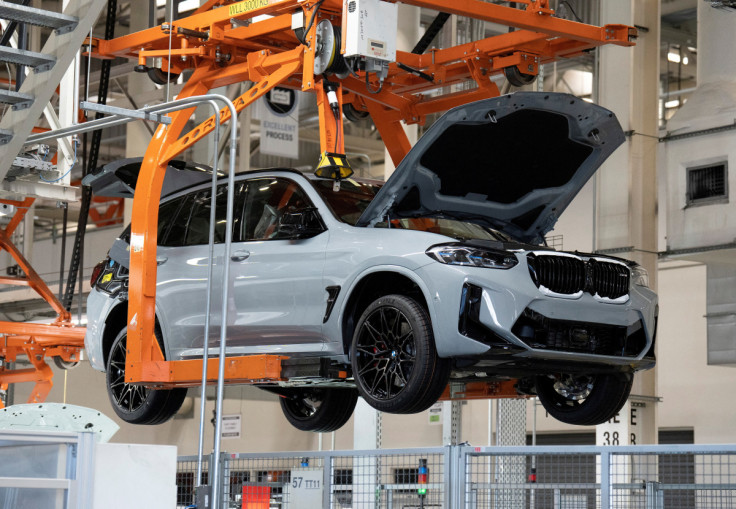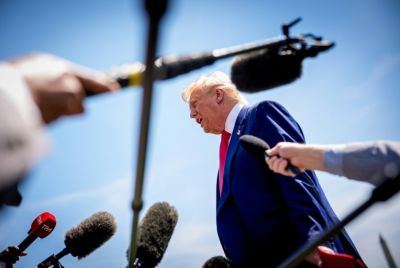BMW Cautiously Optimistic On 2023, EV Targets Ahead Of Schedule

BMW expects over 50% of new sales to be all-electric vehicles well ahead of its 2030 target and could envision a hydrogen-powered car going into production in the second half of the decade, the premium carmaker said on Wednesday.
The carmaker forecast slightly higher deliveries and an 8-10% margin for the year, up from its 7-9% target in 2022, but cautioned that it still expected high costs from supply chain troubles and had not factored a deep recession in its key markets into its outlook.
BMW finance chief Nicolas Peter, who is due to retire later this year, said he expected energy and chip supply to stabilise but still predicted significant cost burdens from logistics bottlenecks and high raw material prices.
The company said it planned to keep prices stable, after years of dealing with rising costs by passing them on to customers.
The forecast chimes with a broadly cautious tone across the auto industry hoping for a stronger 2023 but still keenly aware of supply chain problems, high inflation in Europe and uncertainty over China's post-pandemic economic recovery.
Still, car makers across the board were optimistic about the growth of their battery-electric vehicle segment, with BMW predicting a fourth of new sales would be all-electric by 2025, rising to a third by 2026 - an ambitious leap from the 1-in-11 ratio seen last year.
One of the most prominent advocates among carmakers of hydrogen fuel cell technology as a worthwhile option alongside battery-powered cars, Chief Executive Oliver Zipse said he could also envisage a hydrogen-powered vehicle going into production by mid-decade.
Key to making that happen is an expansion of the hydrogen fuelling network, which was mainly in the hands of the heavy vehicle transport industry, development chief Frank Weber added in a press conference dedicated to the company's annual results.
"We see hydrogen-electric vehicles as a meaningful complement to e-mobility, even with something of a time lag," Zipse said.
The BMW iX5 Hydrogen* test vehicle, with a range of 500 km (310 miles) and an ability to refuel in three to four minutes, was being tested in various countries, BMW said in a statement.
BMW confirmed preliminary results released last week for 2022, including an 8.6% margin in the autos business on earnings before interest and tax of 10.6 billion euros ($11.37 billion)and cash flow of 11.1 billion euros.
($1 = 0.9319 euros)

© Copyright Thomson Reuters 2024. All rights reserved.





















